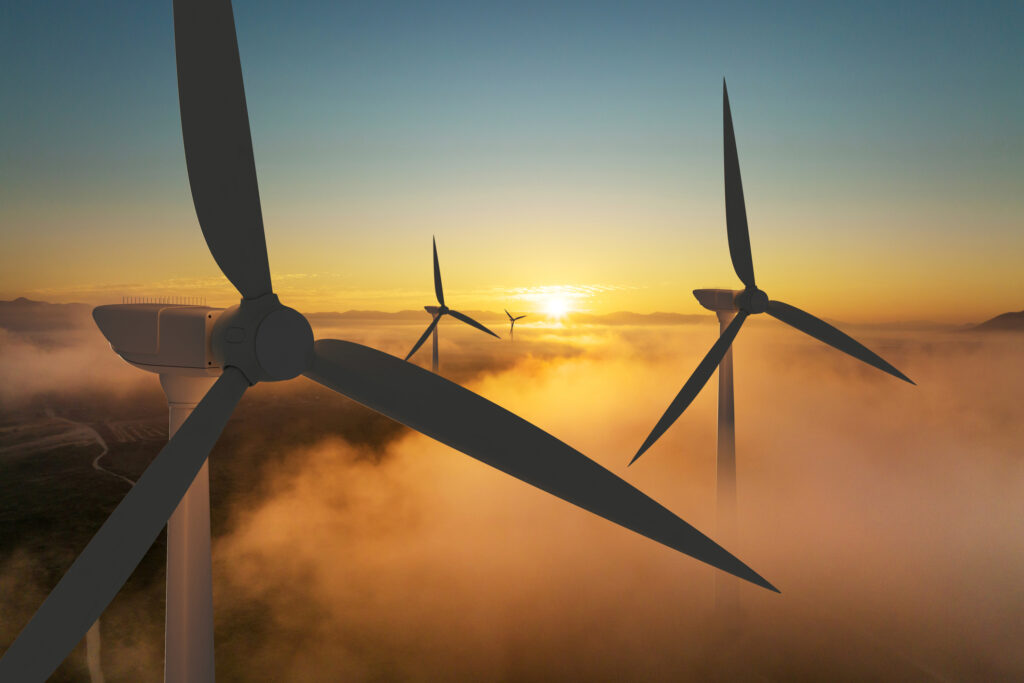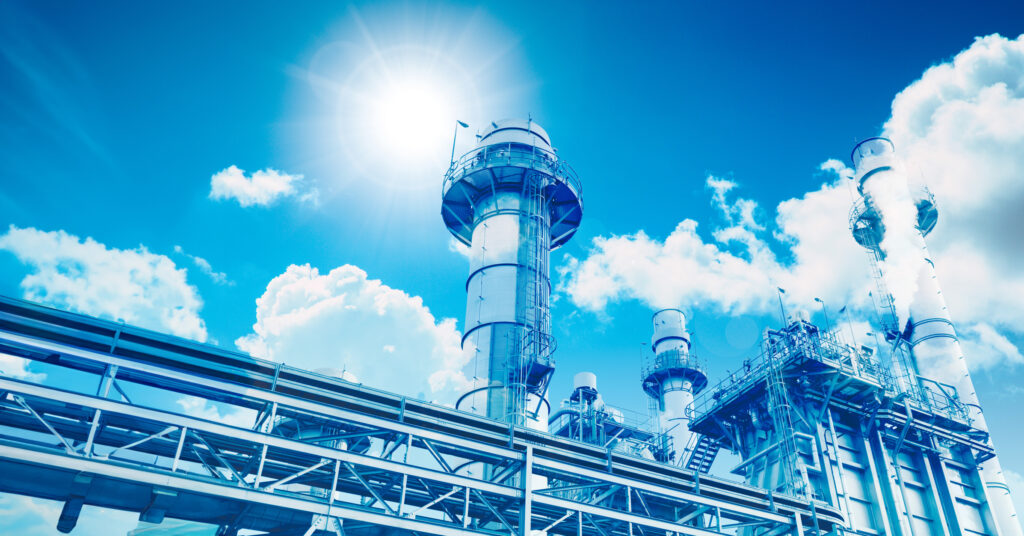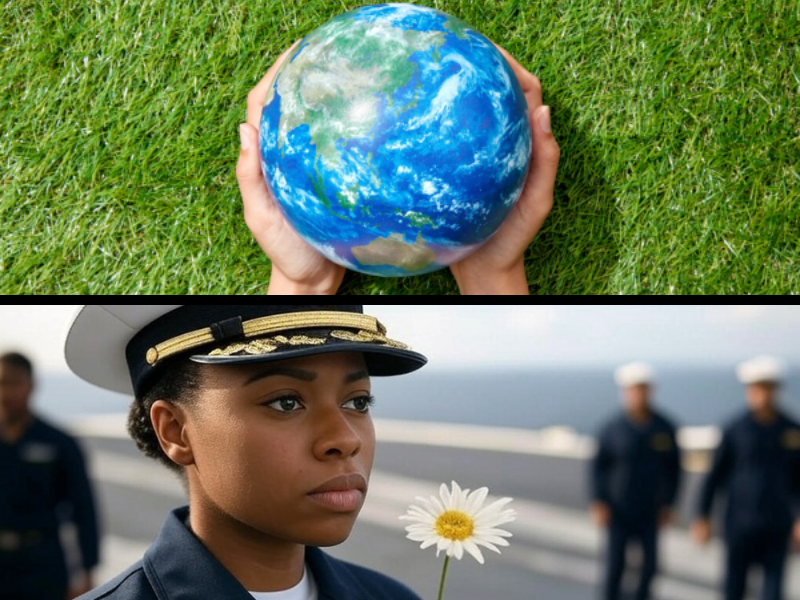Climate Change Weekly #166
Despite its ongoing popularity and the fact it is frequently cited in professional journals and the popular media as proof we must act now to prevent a dangerous human-caused climate catastrophe, John Cook’s 2013 paper claiming 97 percent of research on the topic agrees humans are contributing to climate change is paradigmatic example of how not to do research. How it got published is a wonder; unless of course one believes at least some major science journals have thrown out any pretense of standards for quality and methodology when it comes to climate alarmists’ papers.
Even if the research weren’t poorly conducted, as even Cook now admits, Cook’s paper proves less than those who praise it claim. As economist Richard Tol points out, “Cook and colleagues argue that 97% of the relevant academic literature endorses [the claim] humans have contributed to observed climate change. In popular discourse, however, Cook’s finding is often misrepresented. The 97% refers to the number of papers, rather than the number of scientists. The alleged consensus is about any human role in climate change, rather than a dominant role, and it is about climate change rather than the dangers it might pose.”
Cook’s paper, because of its poor research methods, doesn’t even prove the limited claim 97 percent of the academic literature supports a human role in climate change.
Cook and his colleagues, including a small group of environmental activists, claimed to examine abstracts of more than 12,000 papers. Tol writes:
They did not check whether their sample is representative for the scientific literature. It isn’t. Their conclusions are about the papers they happened to look at, rather than about the literature. Attempts to replicate their sample failed: A number of papers that should have been analyzed were not, for no apparent reason.
The sample was padded with irrelevant papers. An article about TV coverage on global warming was taken as evidence for global warming. In fact, about three-quarters of the papers counted as endorsements had nothing to say about the subject matter.
The environmental activists Cook enlisted to determine what the papers under consideration claimed about climate change did not work independently. Rather, they freely compared notes, discussing their work. They disagreed among themselves concerning what the papers were about 33 percent of the time. Sixty-three percent of the time, they disagreed with the authors of the papers concerning their messages and findings. This is post-modern science at its worst. Critics and outside ‘experts’ rather than the authors themselves have the final say over what an author or team of researchers are truly saying in their own paper. The original authors are simply offering one opinion, not necessarily the definitive one, concerning what their research shows.
In addition, writes Tol, “Cook broke a key rule of scientific data collection: Observations should never follow from the conclusions. Medical tests are double-blind for good reason. You cannot change how to collect data, and how much, after having seen the results.” Yet this is precisely what Cook did. Computer time stamps from the research reveal Cook’s team collected data for eight weeks, analyzed it for four weeks, and then collected three more weeks of data. The same people who collected the data analyzed it. After the initial analysis, they changed their classification scheme in the middle of the study and collected more data.
The paper’s reviewers did not question this gross misconduct. Instead, the editor praised the authors for “excellent data quality.”
These methodological errors should lead to the paper being withdrawn with an apology from the authors and the journal.
Going back through Cook’s original source material, University of Delaware climatologist David Legates found just 41 of the abstracts – just 0.3 percent of all abstracts and 1 percent of those expressing an opinion (many did not) – concluded human activity was causing most current warming.
Tol concludes:
Climate change is one of the defining issues of our times. We have one uncontrolled, poorly observed experiment. We cannot observe the future. Climate policy is about choosing one future over another. That choice can only be informed by the judgement of experts – and we must have confidence in their learning and trust their intentions.
Cook’s 97% consensus paper shows that the climate community still has a long way to go in weeding out bad research and bad behavior. If you want to believe that climate researchers are incompetent, biased, and secretive, Cook’s paper is an excellent case in point.
— H. Sterling Burnett
SOURCES: joannenova.com; Richard Tol blog; and NCPA.org
IN THIS ISSUE …
Most countries miss climate goal deadline … Climate change not causing extreme winters … Soybean yields not suffering from warming … FEMA denies funds to skeptical governors … Mann wrong about ‘Atlantic circulation slowing’ … Carbon tax would make warming worse
MOST COUNTRIES MISS CLIMATE GOAL DEADLINE
More than 194 nations agreed to set emission targets or provide other details of plans to reduce the threat of global warming by the end of the first quarter – but most countries missed the March 31 deadline. China, the world’s biggest emitter of greenhouse gases, missed the deadline. Russia suggested it might cut emissions up to 30 percent below 1990 levels, as long as it could count reductions from forest regrowth (carbon sinks); otherwise, Russia’s emission reductions would be much less. Australia, Brazil, Canada, and India – countries among the largest or fastest growing sources of greenhouse gases – also did not submit plans by the deadline. Missing this deadline means it will be much more difficult to establish a meaningful, measurable, deal to be finalized in Paris in December.
SOURCES: Reuters and Yahoo.com
CLIMATE CHANGE IS NOT CAUSING EXTREME WINTERS
A new paper in the Journal of Climate finds global warming reduces temperature variability, contradicting claims climate change causes increases in extreme weather. Record-setting cold, snow, and ice events like those that have hammered the eastern United States in recent winters are not a consequence of climate change. Scientists at ETH Zurich and at the California Institute of Technology, led by Tapio Schneider, professor of climate dynamics at ETH Zurich, used a simplified climate model to show the temperature variability in mid-latitudes decreases as the temperature difference between the poles and the equator diminishes. This does not rule out temperature spikes and extreme weather events, but when they occur, they can’t necessarily be attributed to a warming-induced temperature variability.
SOURCE: phys.org and Watts Up With That
SOYBEAN YIELDS NOT SUFFERING FROM WARMING
Without a hint of irony, in a paper in Nature Plants, researchers from the University of Wisconsin-Madison argue global warming is changing weather patterns and reducing the yield of soybeans. They argue soybean farmers have lost up to $11 billion in profits over the past 20 years due to changing, less-predictable weather patterns the researchers claim are linked to global warming. According to the paper, soybean yields fall by around 2.4 percent for every one degree rise in temperature.
This is a rather remarkable conclusion given that soybean yields increased from less than 25 bushels per acre in 1974 to a new record of nearly 50 bushels per acre in 2013. Record yields have been set and broken several times in just the past 10 years. The University of Wisconsin researchers don’t deny the growth in yields; rather, they argue the yields would have been even greater if human-induced changed weather patterns hadn’t occurred.
SOURCE: Watts Up With That
FEMA DENIES FUNDS TO SKEPTICAL GOVERNORS
Governors skeptical of the claim humans are causing catastrophic global warming are being pressured by the Federal Emergency Management Agency (FEMA) to ignore their doubts and adopt hazard mitigation plans addressing climate change as if it were a confirmed problem. If they don’t, FEMA will not approve disaster preparedness funds for their states. The Obama administration is taking direct aim at Republican governors Rick Scott of Florida, Bobby Jindal of Louisiana, Chris Christie of New Jersey, Greg Abbott of Texas, and Pat McCrory of North Carolina. Over the past five years, FEMA has doled out $1 billion a year on average in grants to states and territories for efforts to mitigate the effects of disasters. After February 2016, states not incorporating considerations of climate change into their disaster preparedness plans will lose their share of this money. FEMA’s new rules specifically require a state’s governor to sign off on the state’s disaster preparedness plan, rather than simply allowing it to be adopted without specific gubernatorial approval – thus forcing some governors to choose between their integrity and federal cash. Republican-led states accounted for eight of the top 10 recipients of disaster preparedness funds since 2010, with Louisiana being the top recipient, having received almost $1.1 billion from FEMA for hazard mitigation. New Jersey was third, receiving nearly $379 million in preparedness funds, and Texas fourth with almost $343 million. Unlike most federal rules, FEMA’s update doesn’t require public input or comments.
SOURCE: Inside Climate News
MANN WRONG ABOUT ‘ATLANTIC CIRCULATION SLOWING’
Michael Mann and Stefan Rahmstorf of the Potsdam Institute for Climate Impact Research have published an article in Nature Climate Change claiming the Atlantic Meridional Overturning Circulation (AMOC) is slowing, perhaps due to the melting of the Greenland Ice Sheet. Mann and Rahmstorf base their claims on proxy data, not actual measurements. In a 2014 paper in Geophysical Research Letters, oceanographer H. Thomas Rossby used actual measurements and found no evidence suggesting the Gulf Stream is slowing. According to Rossby, “The [Acoustic Doppler Current Profiler] measures currents at very high accuracy, and so through the repeat measurements we take year after year, we have a very powerful tool by which to monitor the strength of the current. There are variations of the current over time that are natural – and yes, we need to understand these better – but we find absolutely no evidence that suggests that the Gulf Stream is slowing down.” NASA’s Jet Propulsion Laboratory issued a press release in March 2010 stating it found no significant slowing of the AMOC over the past 15 years. According to NASA, the circulation pattern may have sped up in the recent past.
SOURCES: NASA, Jet Propulsion Laboratory; The Week that Was; and Watts Up With That

CARBON TAX WOULD MAKE WARMING WORSE
Forbes contributor Adam Ozimek says he has been an “unabashed advocate” for taxes on carbon dioxide emissions and gas taxes, at least until now. Ozimek has become concerned a domestic carbon tax could lead to an increase in carbon dioxide emissions overall. Ozimek notes a tax on carbon dioxide emissions would raise the price of fossil-fuel-generated electricity relative to solar power, meaning solar power would reach price parity in the United States sooner, leaving solar developers little incentive to innovate and bring prices down further.
Ozimek writes, “It is easy to see how this could cause downward march in solar costs to slow, and as a result solar would reach the threshold for [price competitiveness in] China, India, and other developing countries perhaps much much later.” This is a problem, Ozimek notes, because developing nations are among the leading carbon dioxide emitters and emissions in these countries are growing rapidly. Perversely, slowing solar innovation by levying a tax on carbon dioxide emissions in the United States could result in increased global emissions. Of course, Ozimek has a solution: Levy the tax and plow the proceeds back into solar innovation. That’s not a solution I’d recommend.
SOURCE: Forbes.com





